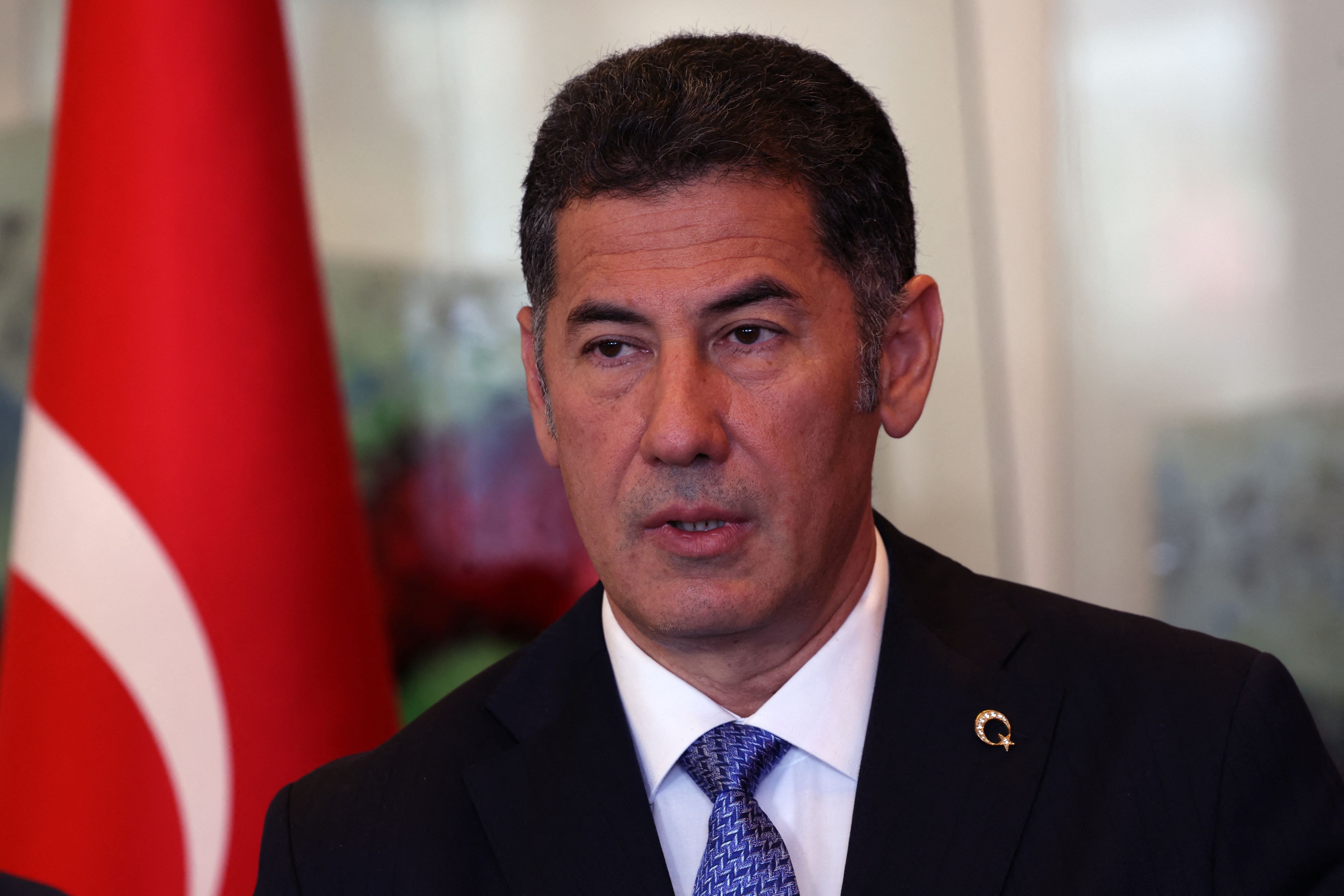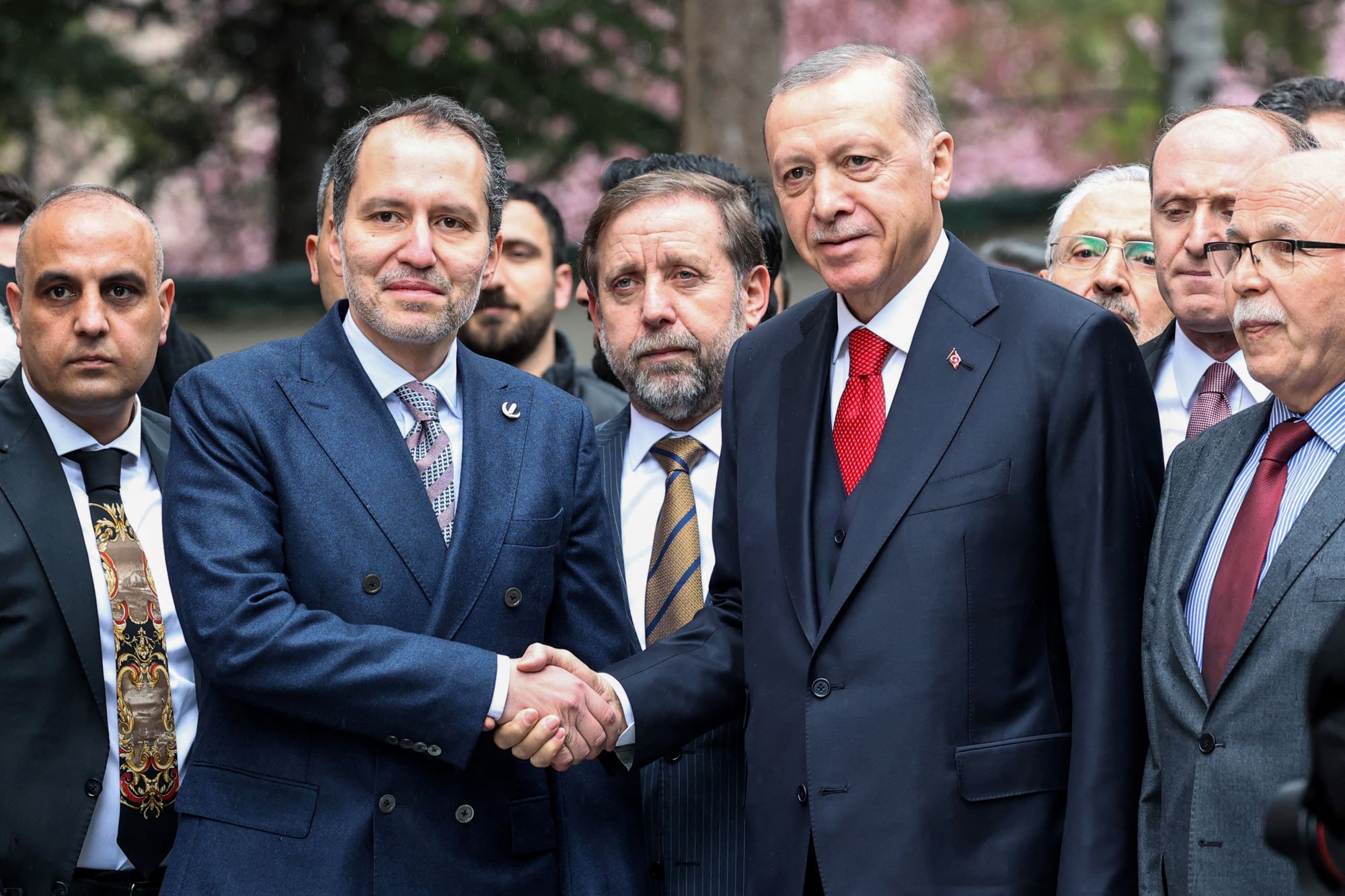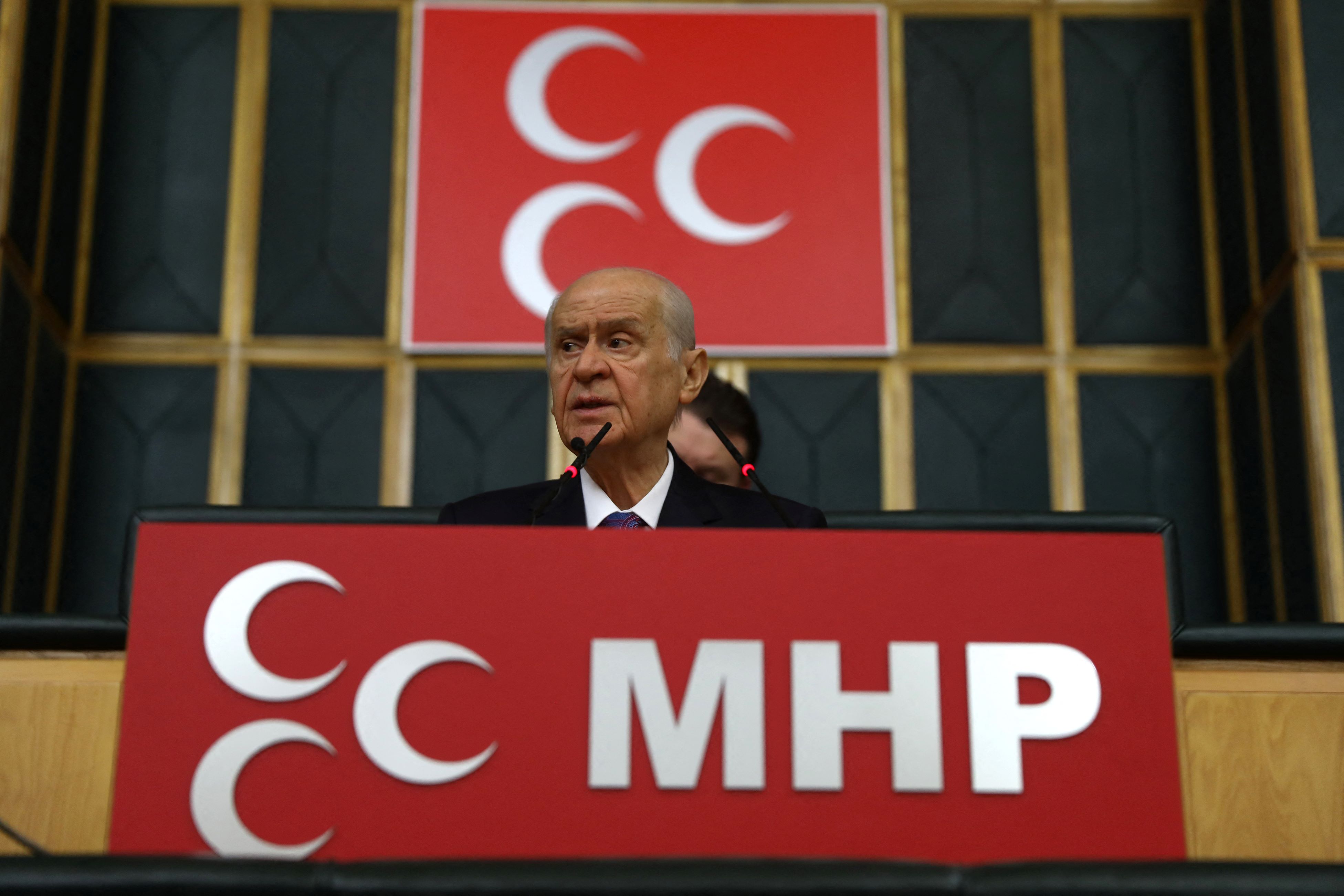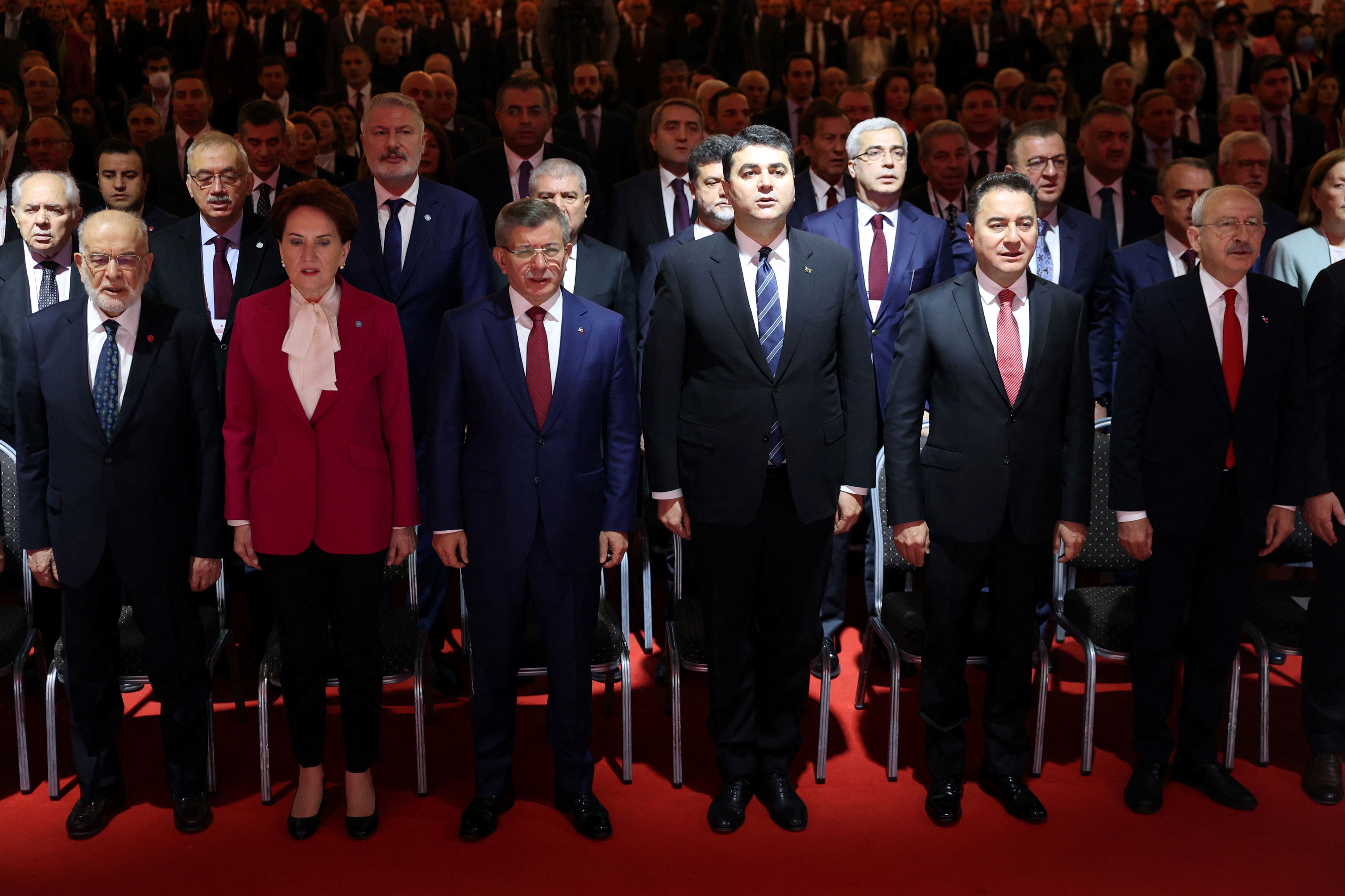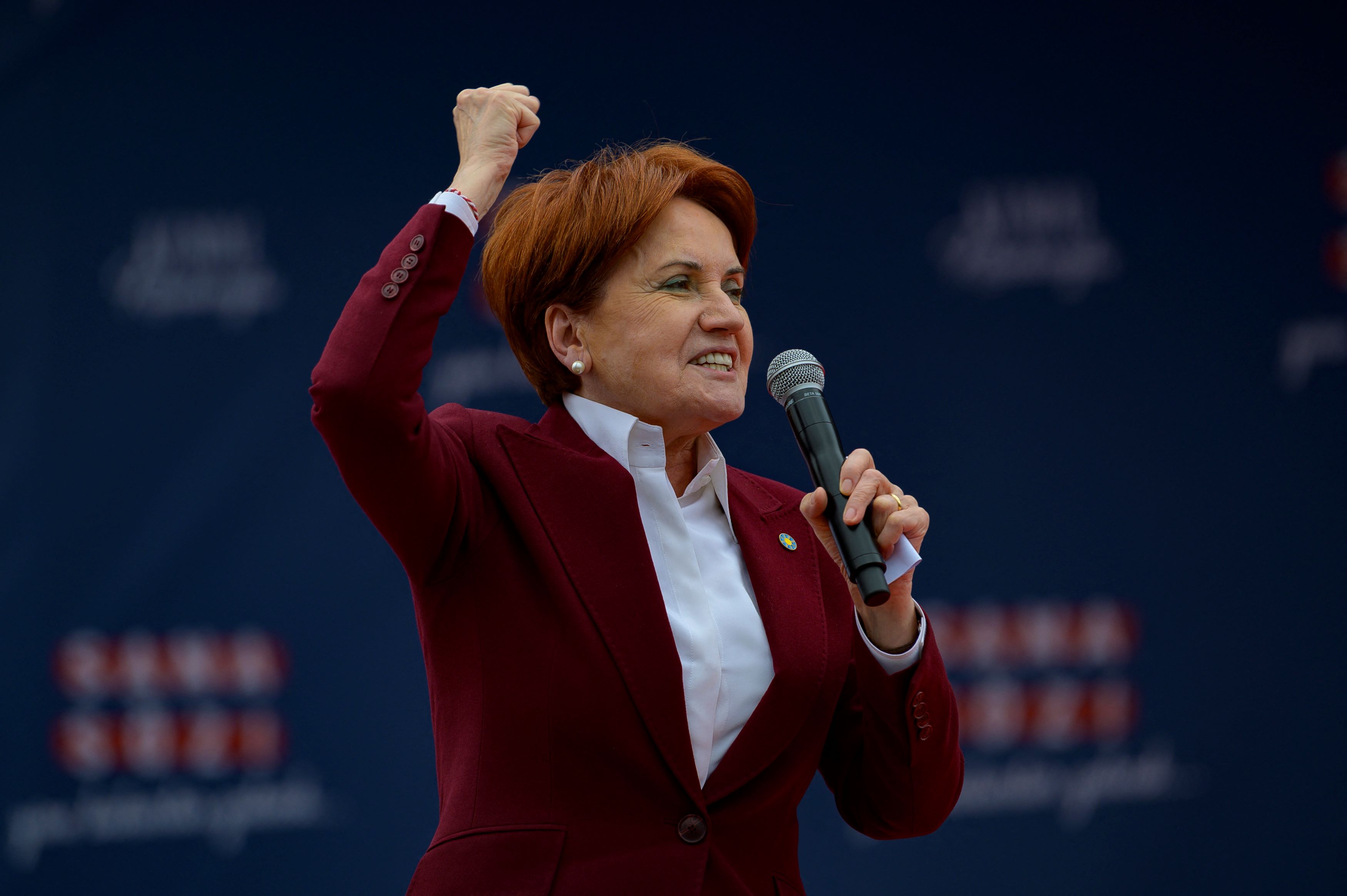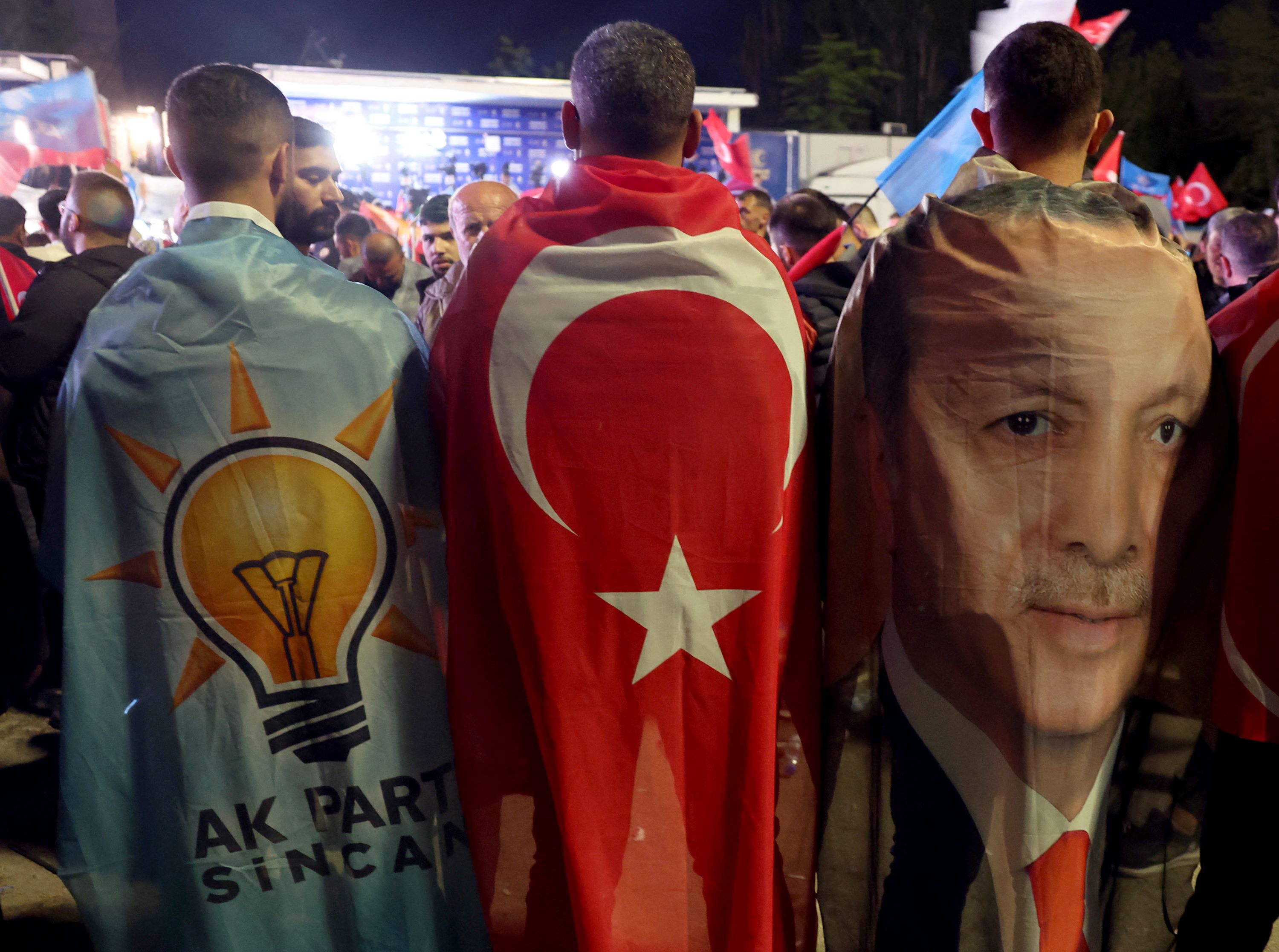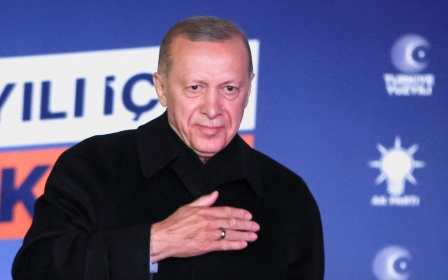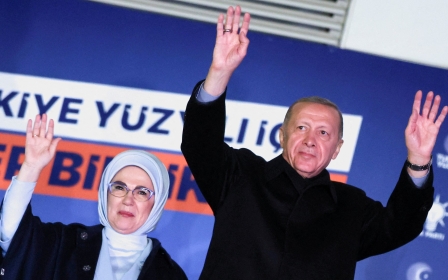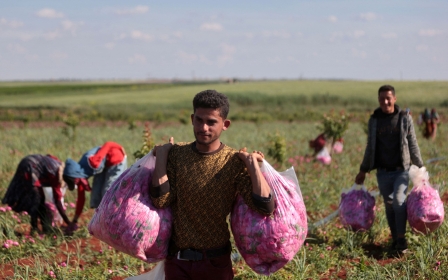Turkey elections: Three winners and three losers
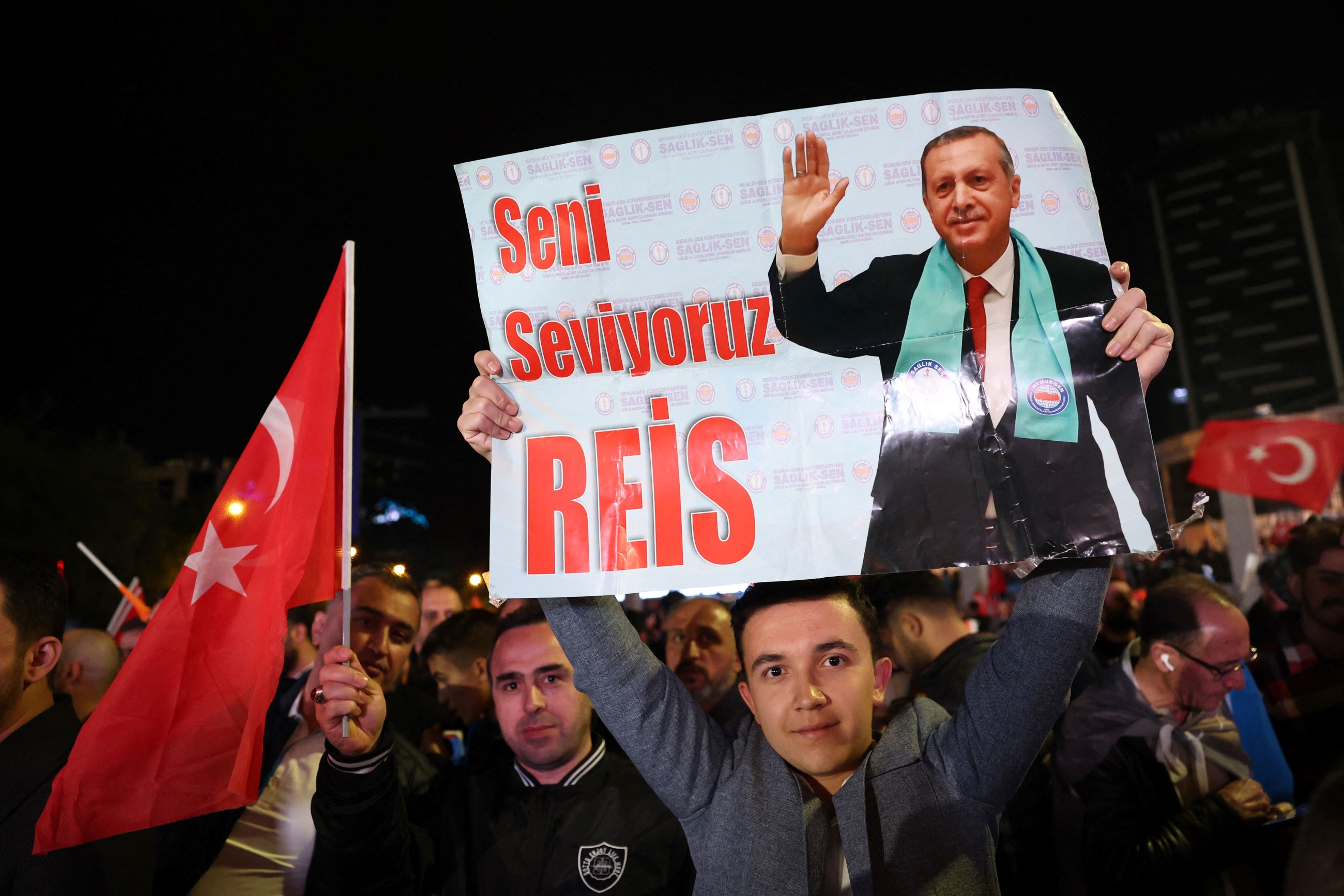
As bleary eyed observers survey the aftermath of Turkey's tense parliamentary and presidential elections, a picture has begun to form of the political wreckage left in its wake.
Predicted breakthroughs for the opposition failed to materialise, while other little-discussed candidates and parties managed to make surprise gains and may possibly shape how the second round run-off in the presidential elections could form in the coming weeks.
Although it's perhaps too early to make a full assessment, anxiety over the opposition Nation Alliance's tacit electoral pact with the pro-Kurdish Peoples' Democratic Party (HDP) as well as mounting anger at Syrian refugees appears to have given the nationalist vote a boost.
And despite hopes that a big tent alliance could bring together a bigger voter coalition, the opposition failed to break through and many of the smaller parties' predicted votes sank without a trace.
With all that in mind, and with another round of presidential voting still to come, Middle East Eye takes a look at the winners and losers from Sunday evening's elections:
New MEE newsletter: Jerusalem Dispatch
Sign up to get the latest insights and analysis on Israel-Palestine, alongside Turkey Unpacked and other MEE newsletters
Winners:
Sinan Ogan
The MHP-turned-Iyi-Party-turned-independent candidate has been granted the title of "kingmaker" in the wake of Sunday's elections.
By scooping up just over five percent of the presidential vote, he stands to be the key figure in the second round of voting.
A right-wing nationalist, Ogan's primary concerns have been the expulsion of Syrians from Turkey and clamping down on the pro-Kurdish People's Democracy Party (HDP).
In interviews conducted in the wake of the elections, he has indicated that any decision to endorse either Kemal Kilicdaroglu, of the centre-left Republican People’s Party (CHP), or incumbent President Recep Tayyip Erdogan, will be based on who is more likely to address these issues.
New Welfare Party
Founded by the son of Turkey's most prominent Islamist pre-AKP, Necmettin Erbakan, the New Welfare Party ran as part of the AKP-led People's Alliance and, advocating a more full-throated religious conservative message, has managed to grab five parliamentary seats.
The party has been vocal in its opposition to LGBTQ+ rights and advocates for the overturning of Turkey's Law No. 6284 to Protect Family and Prevent Violence Against Women.
Nationalist Movement Party (MHP)
The demise of Turkey's pre-eminent ultra-nationalist party is predicted prior to most elections, but once again the MHP defied expectations and grabbed 50 seats in the parliament, even taking seats off the AKP.
Despite a range of other nationalist parties standing candidates in the elections, the MHP didn't see its base dissolve and has helped carry the government alliance into a majority in parliament.
Losers:
Former Erdogan allies
Ali Babacan and Ahmet Davutoglu have fallen far. Once the economy tsar and prime minister respectively, their parties - Deva Party and Future Party - apparently failed to contribute to any increase in the opposition vote share.
Similarly Temel Karamollaoglu, leader of the Islamist Felicity Party, which like the AKP split from the Virtue Party, failed to flip any of the more conservative seats as many had hoped, while the New Welfare Party managed to vacuum up many of their votes.
Despite all this, all three parties will receive seats in parliament as they ran under the CHP's election lists.
Iyi Party
Turkish nationalism has been a driving force hanging over much of these elections.
Therefore, the result for the Iyi Party - a centre-right split from the MHP - comes as rather underwhelming, with only one more seat over its 2018 intake.
Although now the fifth-largest party in the parliament, nationalist voters seemed to stick with the MHP, while Ogan (himself a former Iyi Party member) has also managed to draw in disaffected nationalists.
Justice and Development Party (AKP)
While leader Recep Tayyip Erdogan has managed to maintain a winning level of popularity across the country, the same cannot be said for his party.
Dropping down to 267 seats - compared with 295 in 2018 - the party continues to dominate parliament as part of the People's Alliance alongside the New Welfare Party and MHP.
However, the party can no longer command the kinds of thumping majorities it once did and has to rely on the smaller parties. It's hard to conceive what prospects it would have without the towering figure of Erdogan in the driving seat.
Middle East Eye delivers independent and unrivalled coverage and analysis of the Middle East, North Africa and beyond. To learn more about republishing this content and the associated fees, please fill out this form. More about MEE can be found here.


